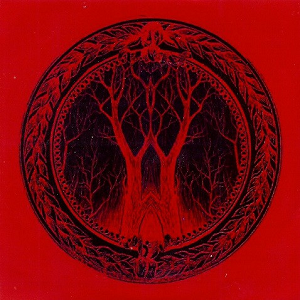| Look up syncopation in Wiktionary, the free dictionary. |
Syncopation is a musical term for the stressing of a normally unstressed beat in a bar or the failure to sound a tone on an accented beat. It may also refer to:
In music, syncopation involves a variety of rhythms which are in some way unexpected, making part or all of a tune or piece of music off-beat. More simply, syncopation is "a disturbance or interruption of the regular flow of rhythm": a "placement of rhythmic stresses or accents where they wouldn't normally occur." It is the correlation of at least two sets of time intervals.
- Syncopation (dance), dancing on unstressed beats, or improvised steps
- Syncopation (1929 film), early American musical
- Syncopation (1942 film), American musical
- Syncopation in algebra, a way of writing algebra that is not rhetorical, but also not fully symbolic
- "Syncopation", a song by Billy Ocean on the 1984 album Suddenly
- "Syncopation", a song by Babymetal on the 2016 album Metal Resistance
- "Syncopation", a 1926 violin and piano piece by Fritz Kreisler
The terms syncopation and syncopated step in dancing are used in two senses:
- The first definition matches the musical term: stepping on an unstressed beat. For example, ballroom Cha cha is a syncopated dance in this sense, because the basic step "breaks on two". When dancing to the disparate threads contained within the music, hands, torso, and head can independently move in relation to a thread, creating a fluidly syncopated performance of the music.
- The word "syncopation" is often used by dance teachers to mean improvised or rehearsed execution of step patterns that have more rhythmical nuances than "standard" step patterns. It takes advanced dancing skill to dance syncopations in this sense. Advanced dancing of West Coast Swing and the Lindy Hop makes heavy use of "syncopation" in this sense.

Syncopation is a 1929 American musical film directed by Bert Glennon and starring Barbara Bennett, Bobby Watson, and Ian Hunter, although top billing went to Fred Waring and his Pennsylvanians.

Syncopation is a 1942 American film from RKO directed by William Dieterle and starring Adolphe Menjou, Jackie Cooper, and Bonita Granville. It is set during the early days of jazz. It is also known as The Band Played On.






